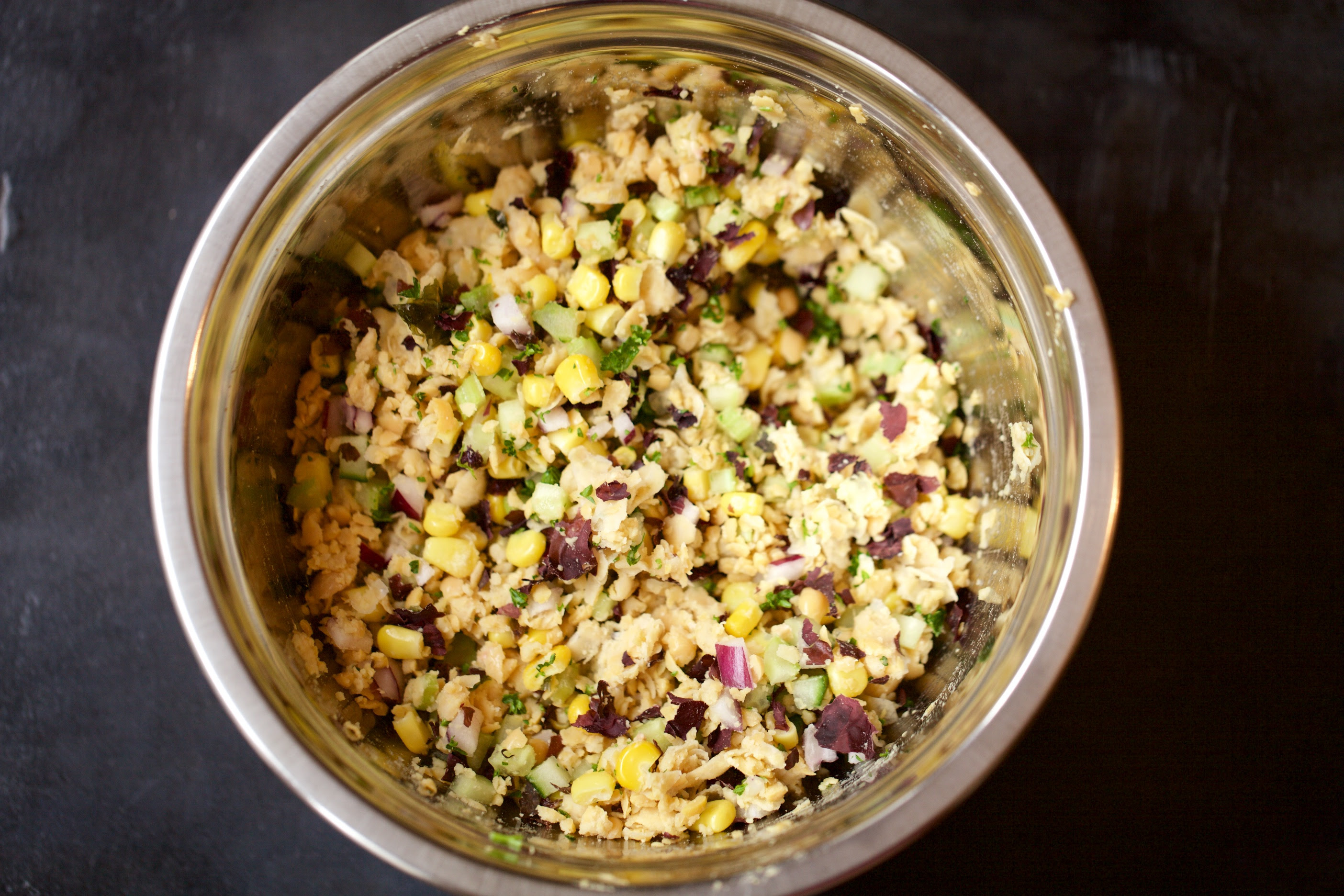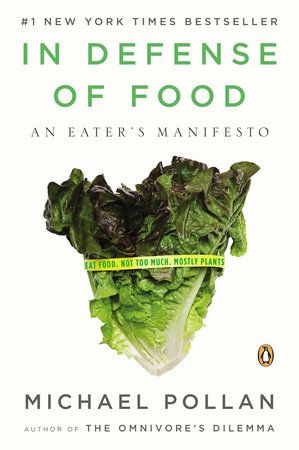Turkey Rhubarb
Published: Wed, 05/18/16
May 18, 2016
Turkey Rhubarb Benjamin Rouse, M.H.

Perhaps one of the most overlooked and underappreciated herbs in the herbal kingdom is that of the Turkey Rhubarb. Not to be confused with the common garden rhubarb (rheum rhabarbarum), the distinct and much larger medicinal variety of the herb is the epitome and personification of what Dr. Christopher taught herbs should be; both safe & effective.
It is gentle and mild enough to be used for small infants as a laxative tonic due to the milk-like quality of its action yet, potent enough to rid the body of old accumulated fecal matter within the intestinal tract. Dr. Christopher and a true vitalist taught that there is only one disease: constipation. When Elvis died, his colon was enlarged almost two and one half size the normal diameter and it was filled with “white, chalk-like fecal material.” Turkey Rhubarb aids in the
elimination of any impacted fecal material in the gut through its gentle cathartic action upon the bowels.
Originating in China, it dates back to 2700 B.C. where it was first mentioned in ancient writings and from there this medicinal Rhubarb was also known as Russian, Turkish and Chinese Rhubarb. In China, it was known as a purgative given in large enough dosage yet with no ill after effects that generally occur when purging the bowels.
Due to its astringent properties, it helps stop diarrhea because it helps tone the alimentary tract while it excites the peristalsis. This stomach tonic increases the absorption throughout the system by increasing both the flow of saliva and the flow of bile which not only improves the appetite but the action of the liver and flow of bile. If taken with 2 to 4 tablespoons of olive oil at night, it may be extremely suitable to someone with hemorrhoids to avoid the astringency.
This aperient grows best at 8,000 to 10,000 feet; however, I have it growing in my backyard here in upstate New York. So long as you give it enough water, some well-drained soil and well-rotted manure this perianal can grace your garden provided you can have the space for it as the leaves themselves can grow up to about 5 feet in length. My plant is only in its second year but I won’t be able to harvest it until the sixth year where its medicinal actions come into effect as well as its
loosely branched greenish-white flowers.
The chemical composition of this humble herb is actually so complex that leading experts still can’t agree on its key principle action and how it affects the human body. Though not knowing on all the details of such a simple herb intricacies’, it has been used for thousands of years through safe and effective means. Dr. Christopher has it in his Lower Bowel Formula as a complete food for the bowel. It is a staple in any herbalist cabinet and should be in the home for those looking to
live a constipated-free and healthy life.
Benjamin J. Rouse is a Master Herbalist and a graduate of the School of Natural Healing. He lives with his family in upstate New York educating people about herbs and alternative health practices.
If you missed an article be sure to visit http://www.herballegacy.com and click on Articles. Also, take advantage of David Christopher's Radio Show (see Resource Links below for more information).
Smashed Chickpea and Sweet Corn Salad
Serves 2
Ingredients:

- ¾ cup cashews, soaked 20 minutes and rinsed
- ½ teaspoon salt
- 1 teaspoon lemon juice
- 1 tablespoon apple cider vinegar
- ½ cup water
- 1 ½ cup sprouted chickpeas (garbanzo beans)
- 2 small stalks celery, finely diced
- 1” cucumber, finely diced
- 3 tablespoons red onion, finely diced
- 2 tablespoons minced parsley
- 1 cup organic sweetcorn
- Pinch of cayenne
- ¼ cup sea veg salad (or more if you’d like)
- Himalayan salt & cracked pepper to taste
- Blend the cashews, salt, lemon juice, apple cider vinegar and water in a high speed blender.
- In a bowl, crush the sprouted chickpeas with a fork or potato masher, leaving some texture to them. Some people digest chickpeas better when they have been steamed for 5 minutes first. If this is you, still sprout them, then steam them.
- If you’re in a pinch, or can’t imagine doing this you can use pre-packaged ones. If you’re going this route, get organic and if you can get them in a pouch or box, rather than a can, you’ll avoid the toxicity that can come from canned goods.
- Add the remaining ingredients, along with the blended cashews, to the bowl with the chickpeas and mix with a fork.
- Serve on lightly dressed greens. I just like to use a little olive oil and lemon juice to dress the greens.
Printable Version: http://www.herballegacy.com
For a limited time In Defense of Food is available at christopherpublications.com for 15% off

Originally $16 now only $13.60!
Herbal Resource Links
- Herbal Legacy - http://www.herballegacy.com - Our free information website
- The School of Natural Healing - http://www.snh.cc - Quality Education since 1953
- Christopher Publications - http://www.christopherpublications.com - Dr. Christopher's books and more
- Christopher Websites - http://www.christopherwebsites.com - Find all Christopher websites and other great resources
- A Healthier You Radio Show - http://www.ahealthieryouradio.com - Free weekly radio show
The School of Natural Healing: http://www.snh.cc
Christopher Publications: http://www.christopherpublications.com
NOTICE: All information in this newsletter is given out as information only and is not intended to diagnose or prescribe. For our official Disclaimer, Biological Individuality, Important Notice & Terms of Use please see: http://www.herballegacy.com/Disclaimer.html
This newsletter is sent by permission only - you can unsubscribe quickly and easily by clicking the link below.
.

